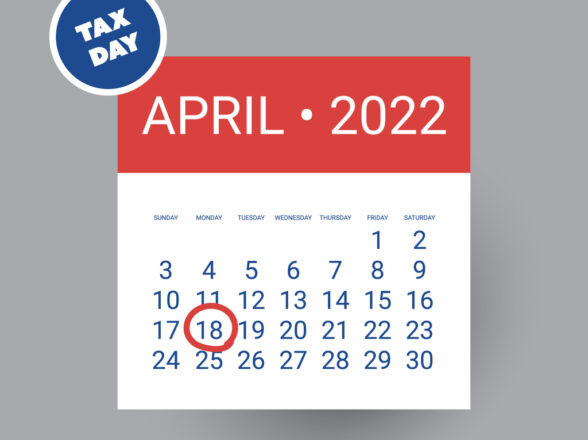Blog
6 Tips on Negotiation, Salary & Benefits With Your New Employer

When you go through the interview process and receive a job offer, you may be content to accept it even though it may be far much lower than your worth. If you have landed a new position in a company, or have reason to believe your current post qualified for a salary increase, you need some reliable salary negotiation strategies to complete the deal.
Salary negotiation can be a tricky affair for both employers and employees. This is because not many people may be comfortable asking for a higher pay once they have an offer on the table. They may not want to jeopardize the opportunity, especially having come so far.
Still, it would be imprudent to launch headlong into the starting salary without proper preparation. Most hiring managers may provide room for more soul-searching, so don’t expect an immediate answer. But you may be leaving money on the table if you don’t negotiate your starting salary.
Here are tips to help you negotiate a better salary and benefits at your new post:
1. Ask calibrated questions
You may cut the image of a selfish person if you walk into a negotiation to ask for a higher salary. It creates the impression that you want to get something out of them, and it may bode well for you. Instead, you can learn to ask calibrated questions, such as how you can be more valuable to the company.
You can draw on how valuable you have been to the firm, and how you have helped grow it, or propel it to the next level of growth. This way, employers are likely to see it as more about the welfare of the company than your perceived self-interests.
2. Quote the top of your range
One important rule of salary negotiation is giving your employer a slightly higher figure than your goal. If your research has shown that people in a similar position in similar companies in your area earn $50,000, you can tell the employer you would appreciate $60,000.
In the spirit of negotiation, the hiring manager may ask if you have any other offers. You won’t be demanding, but you will have set a reference point for the negotiations. When it comes to adjustments, you may meet midway, and land a $55,000 pay package, up from your $50,000 goal.
3. Lead with appreciation
It’s important that you show gratitude at every stage of the salary negotiation process. It creates trust between you and the employer, as they will know they can trust you with the job, and be willing to adjust your salary. Remember that both of you have invested time and resources on getting to the job offer process (possibly after a series of interviews).
What you can do:
- Show appreciation even when the employer rejects your proposal of a higher figure, but offers a lower number.
- Don’t just rush to counter the proposal: show that you understand their position.
- They can also begin to understand yours, especially if you build your case well.
4. Rehearse with a close friend (or your Financial Advisor!)
It’s a good idea to practice your negotiation skills before D-day. Do it with a friend or trusted business associate who can provide feedback, or record yourself on a camera, or you can speak to yourself in front of a mirror. Practicing your talking points helps you to:
- Gain confidence in your negotiation skills
- Identify areas of improvement – with the help of feedback from your friend
- Become more comfortable talking about the sensitive issue of money
5. Get everything in writing (Negotiation)
Once you and the employer agree on a compensation package, don’t forget to ask for written documentation. Verbal agreements may be binding, but can become complicated if you have to settle things in court.
Some companies may provide the documentation automatically so you sign along the dotted line before commencing your new job. Some may not provide it as part of the contract, and you have to ask for it. The written documentation should show:
- The agreed salary amount
- Any special packages such as bonuses or allowances
- Your new roles and responsibilities in the company
6. Know when to walk away during Negotiation
There are cases when an employer may not be in a position to meet a prospective employee’s minimum salary and benefits expectations. The employer may even increase the proposed salary, but still not up to your expectations. In such cases, you will have to decide if the job is worth your time.
You may still take up the offer – even with a less amount – if the job presents certain other important benefits. Such benefits may include the job being less stressful than your current occupation, or being closer to home. If not, consider walking away, and hopefully find better opportunities elsewhere.
Infinium Investment Advisors can help
Negotiating for a higher pay can be complicated and challenging if you don’t have the right skills. Always know your worth, and try to get the best bargain for your salary and benefits from your prospective employer, but remember to balance it with your input into the company. One of the most satisfying ways we assist our clients is by helping them craft their salary and benefits negotiation ask. We are more than happy to be a sounding board for you during this delicate and important time in your career journey, so please reach out to us anytime. CONTACT US HERE





























































































